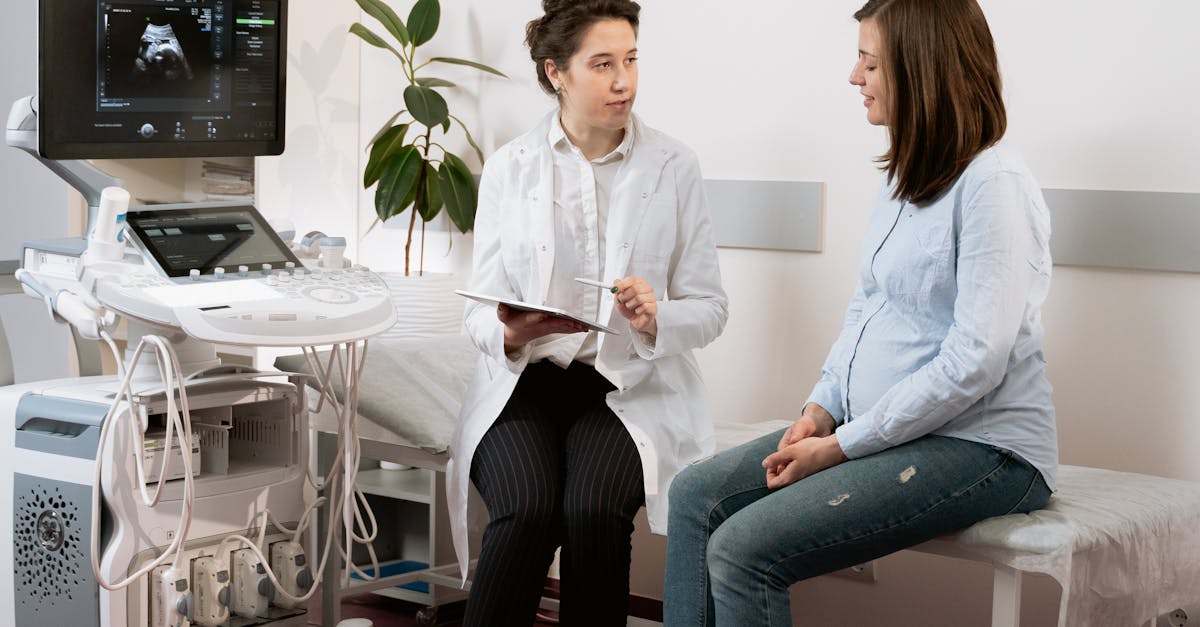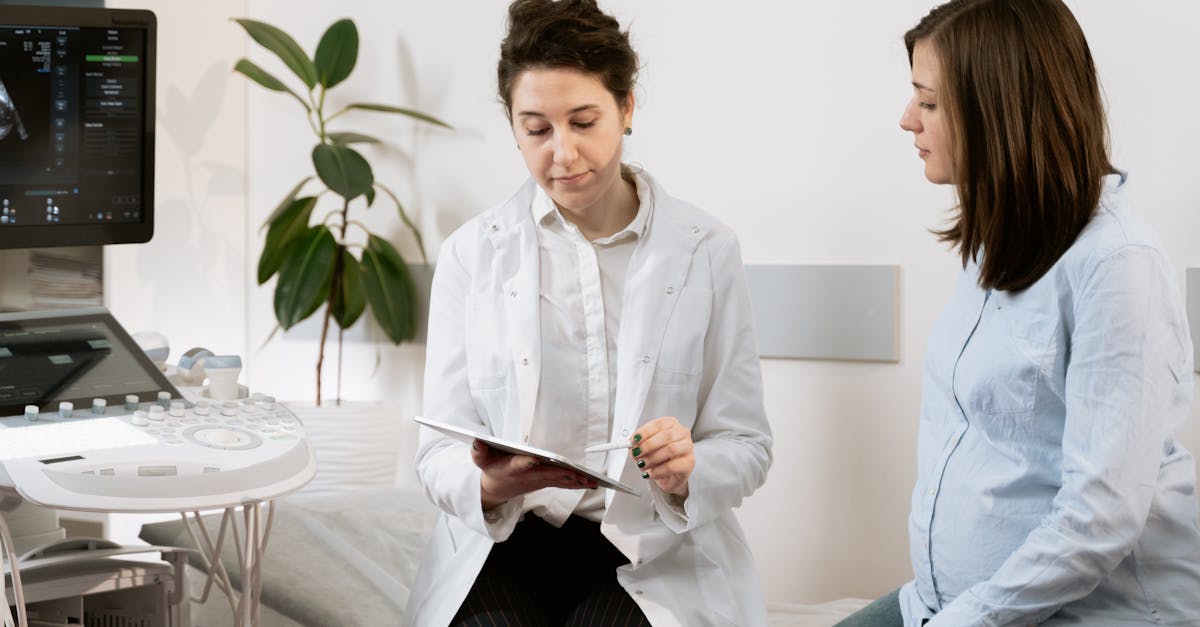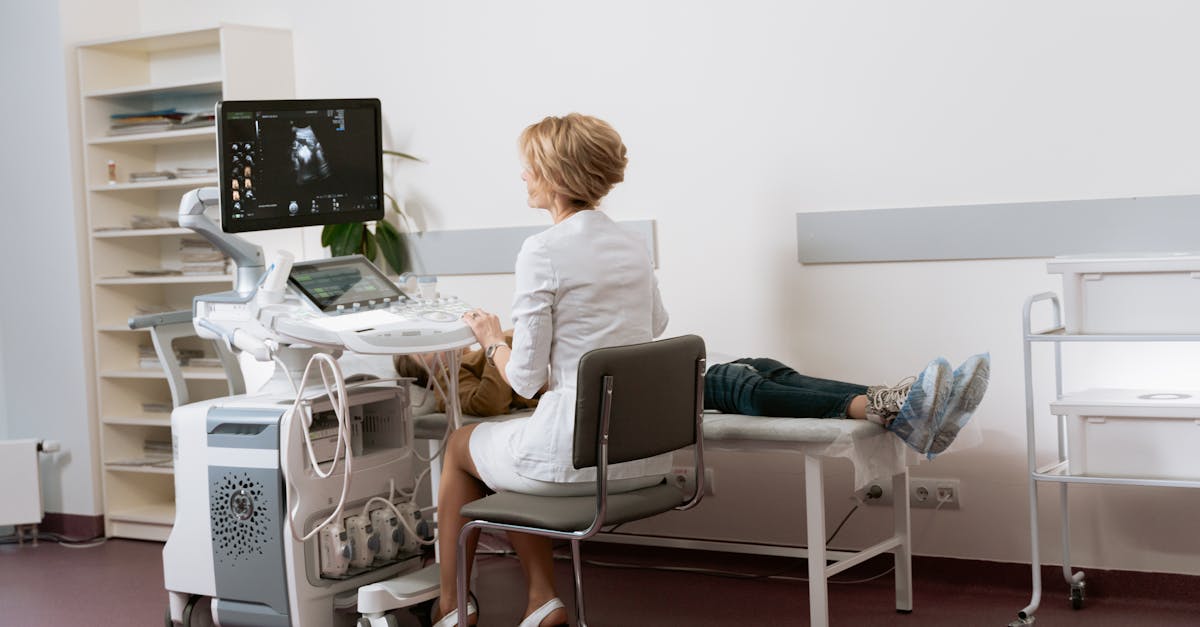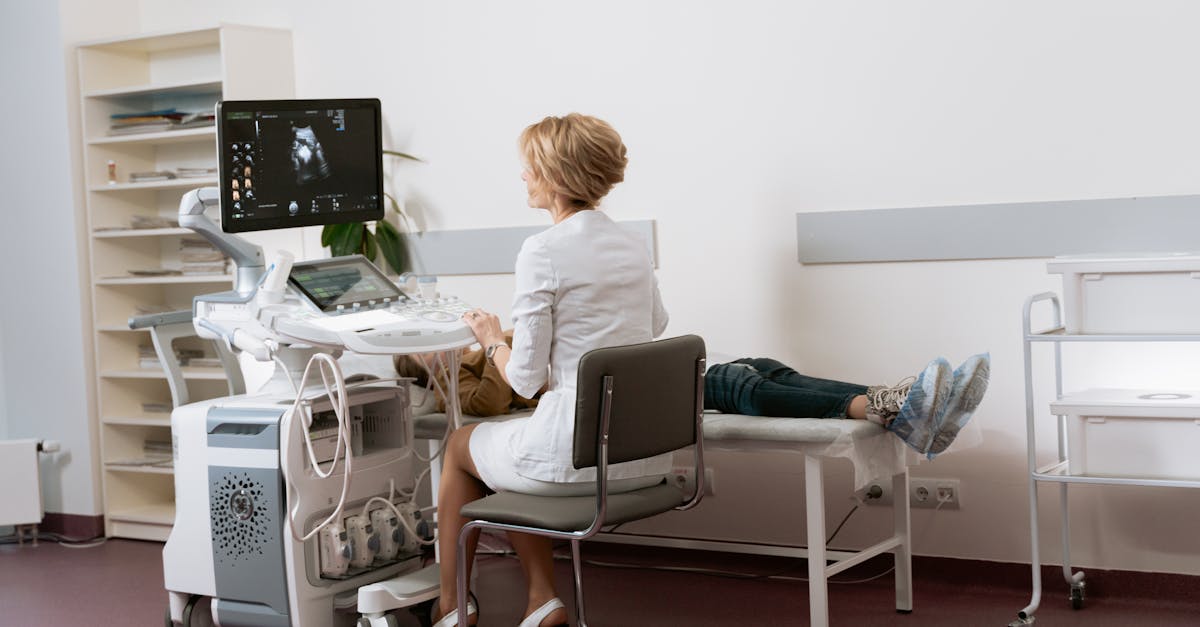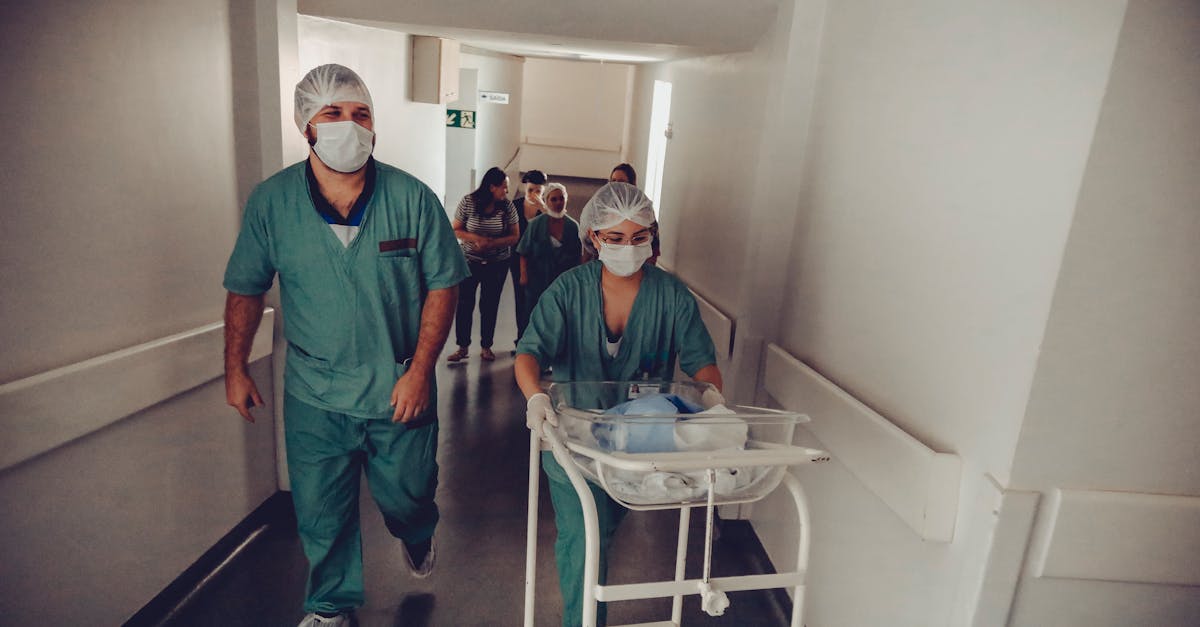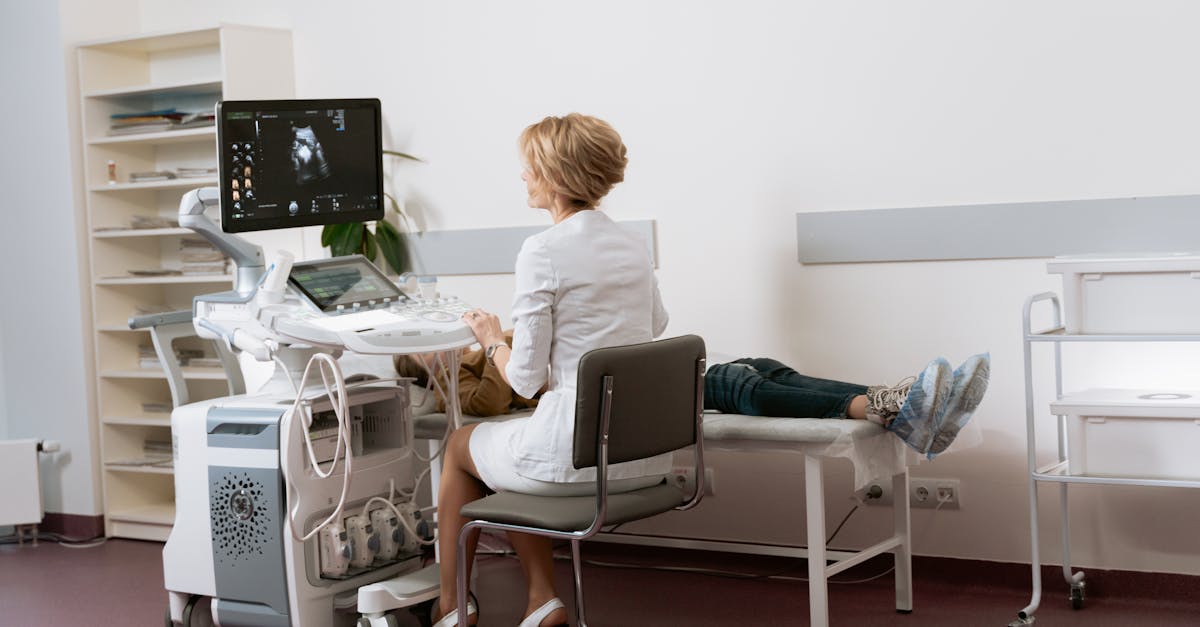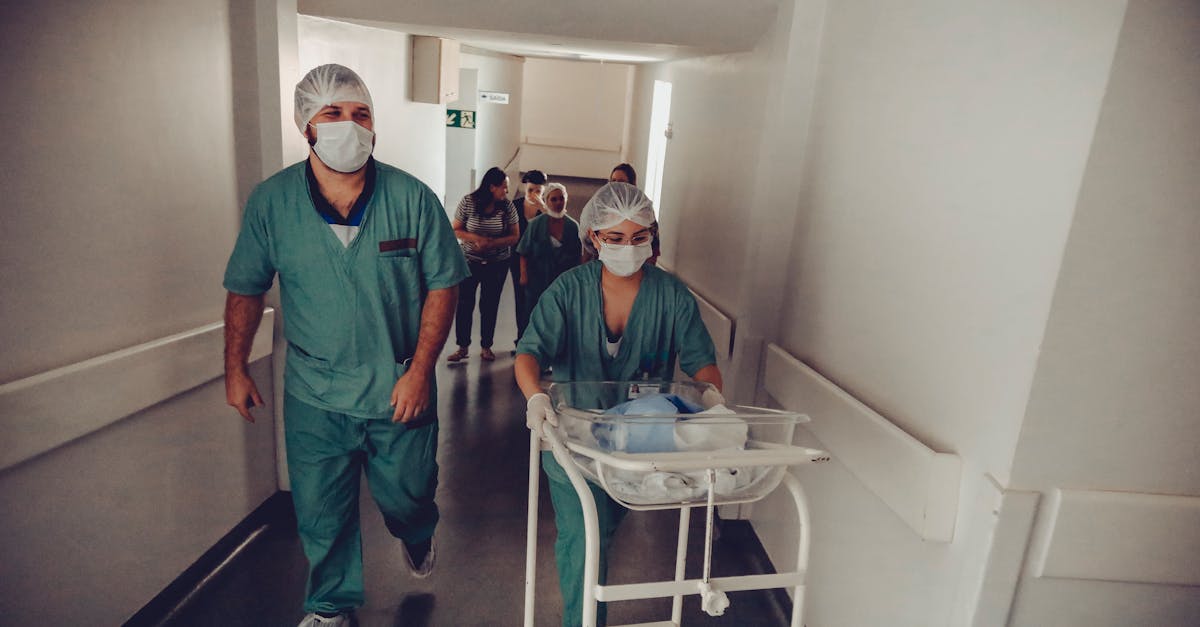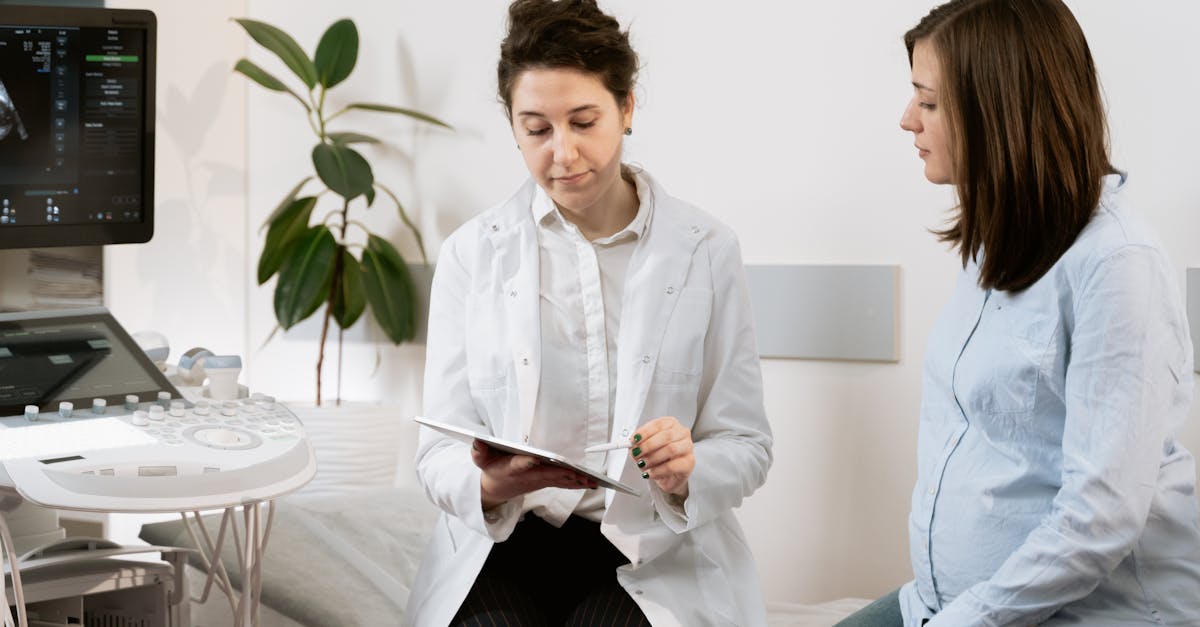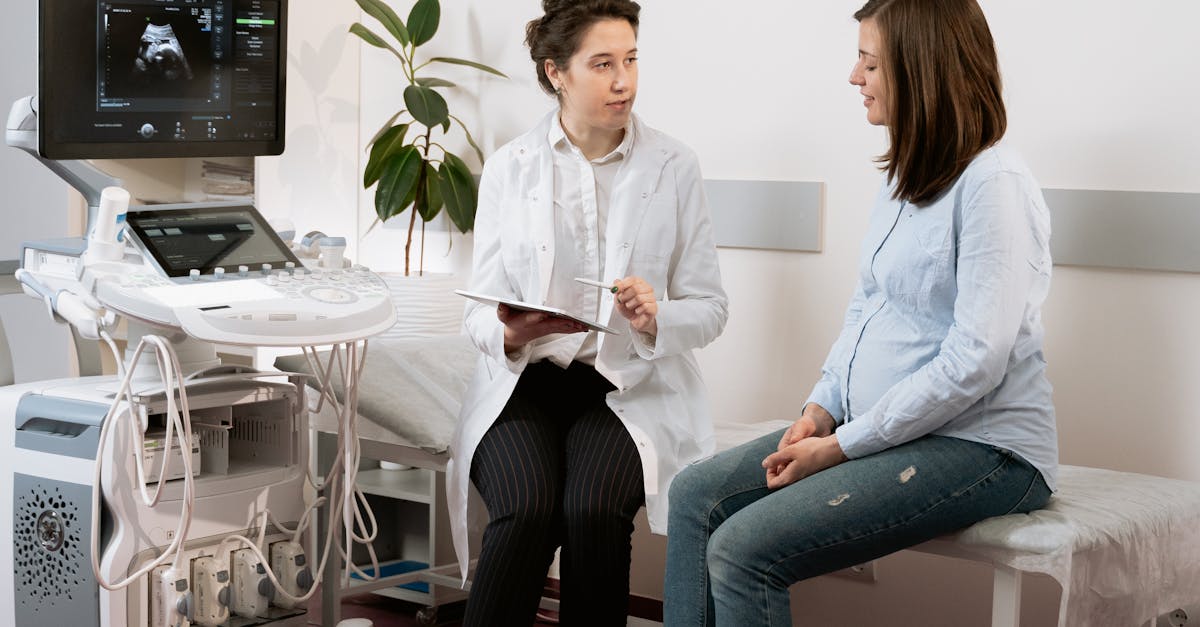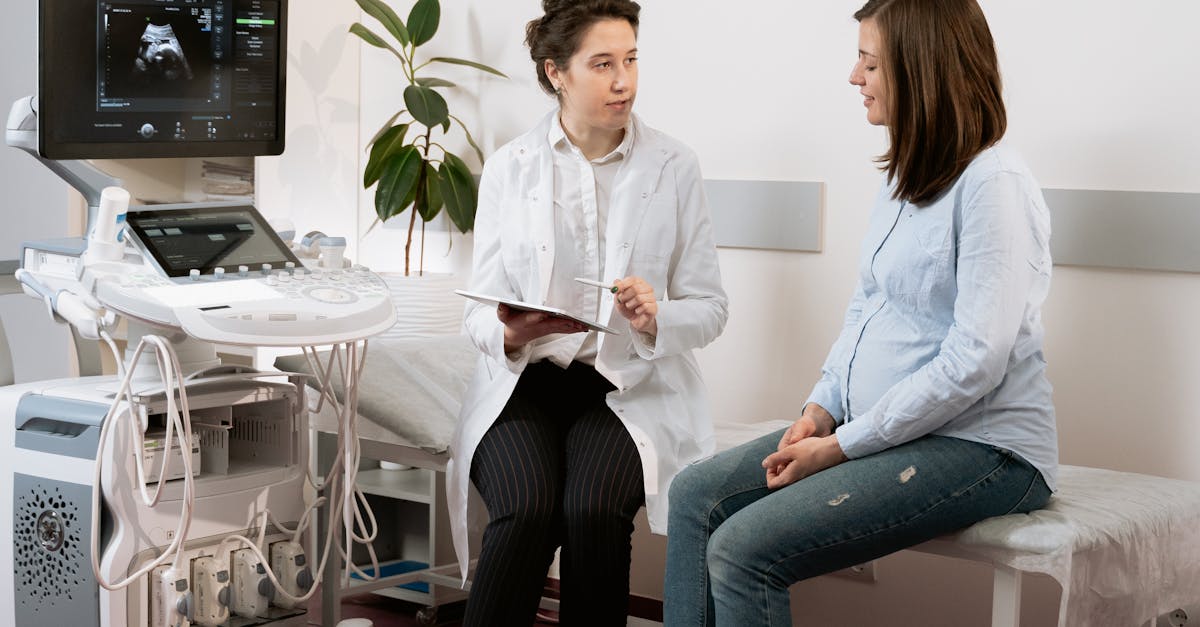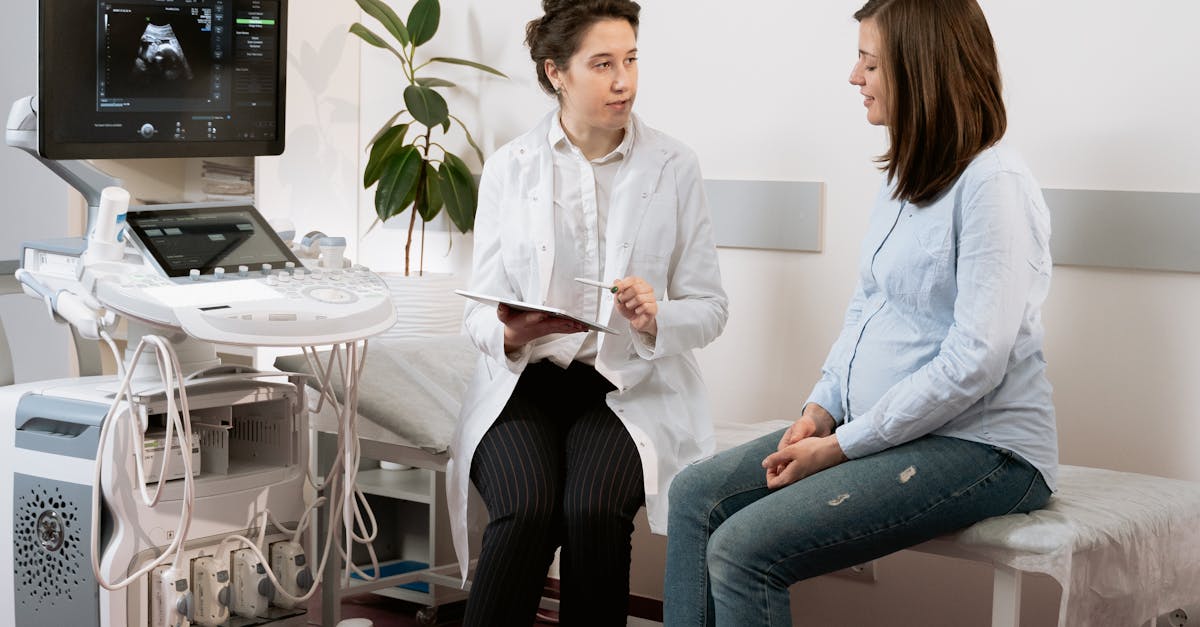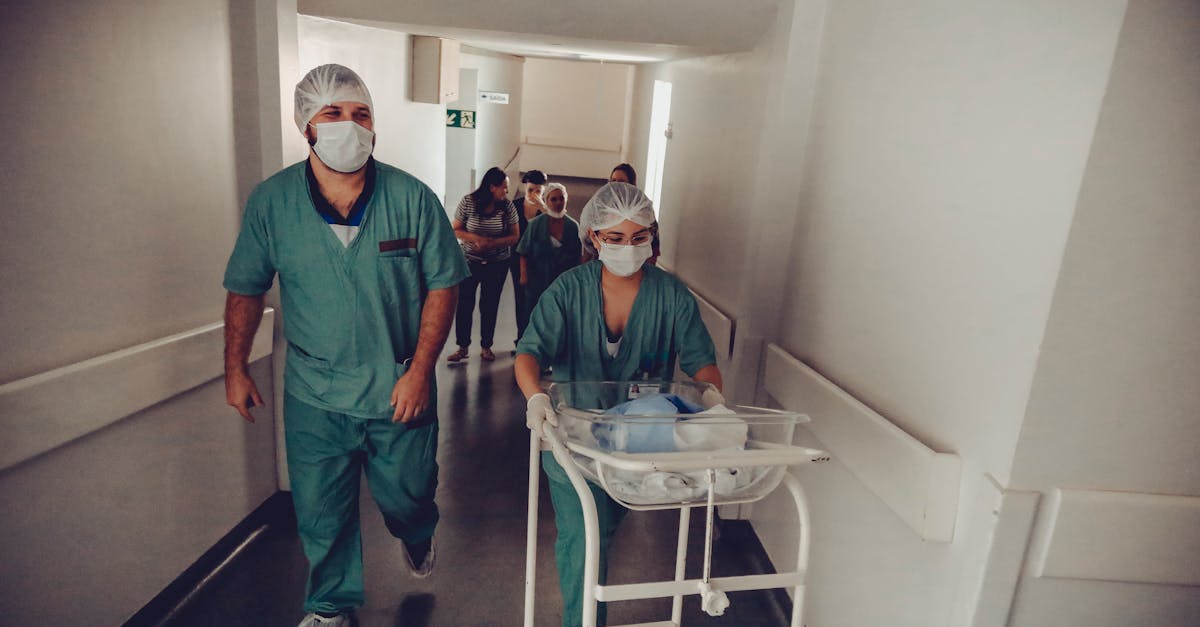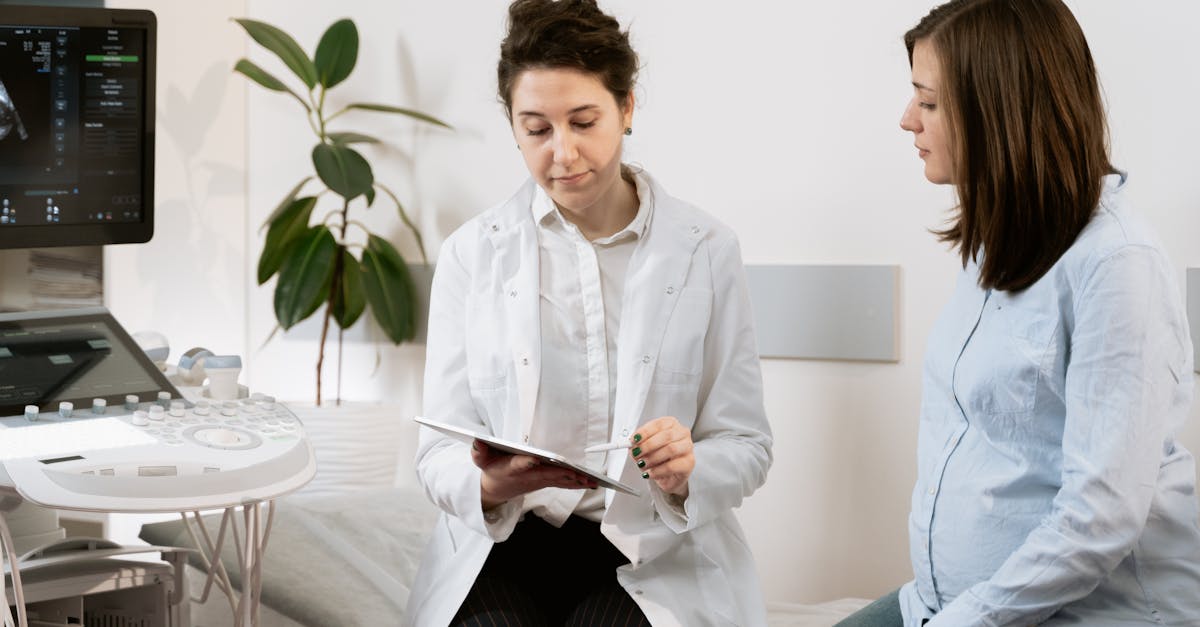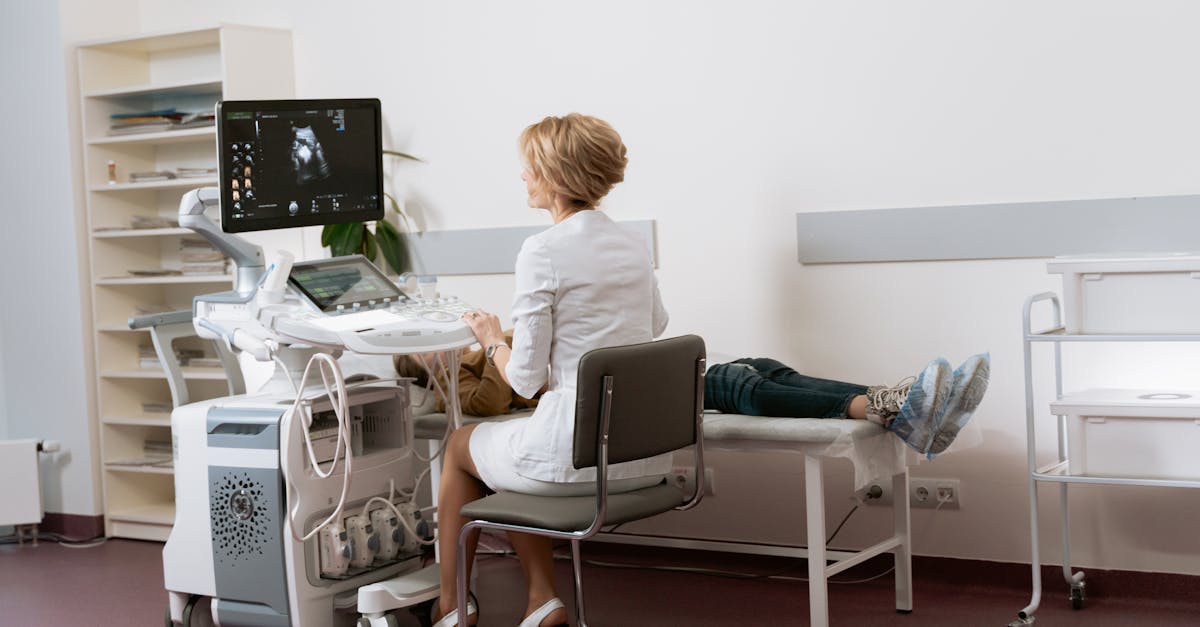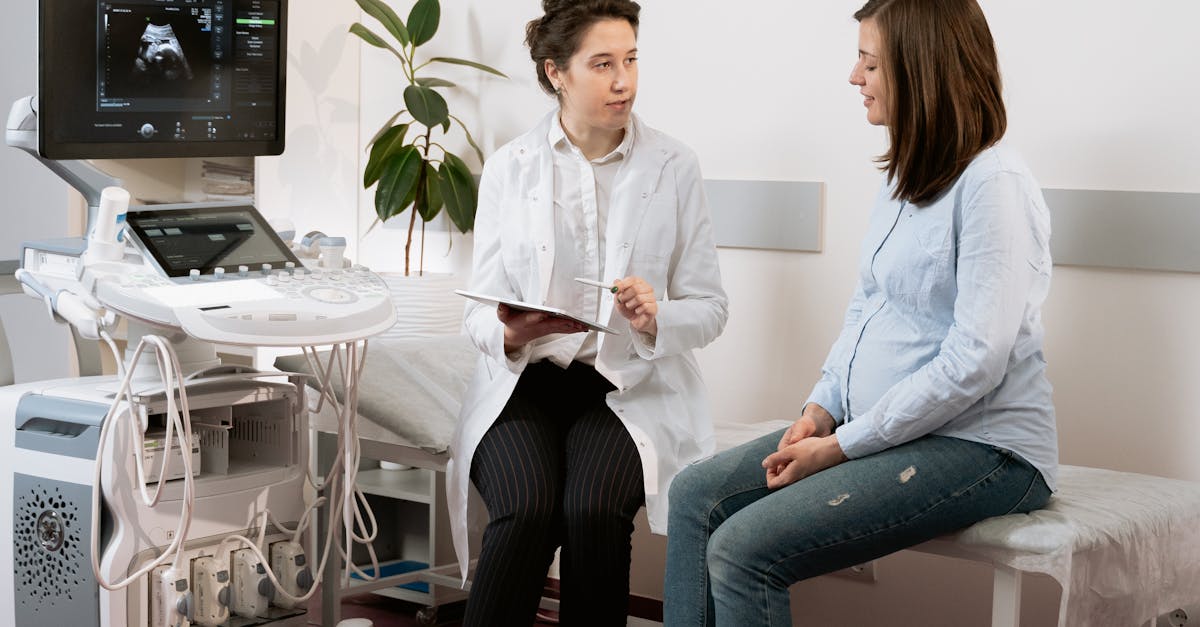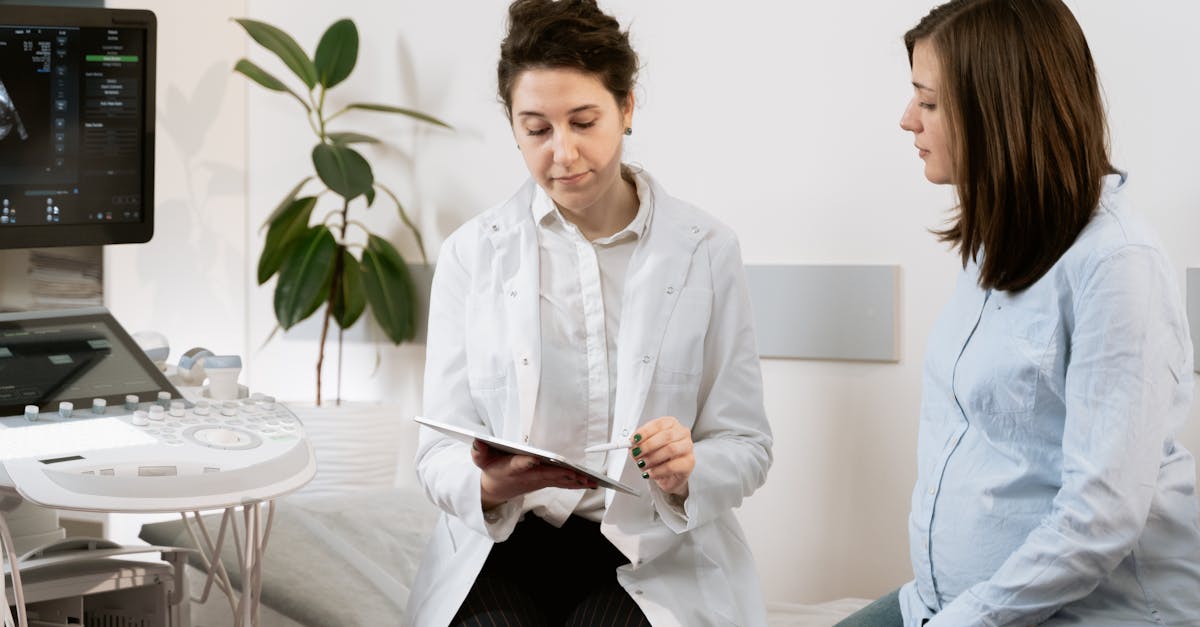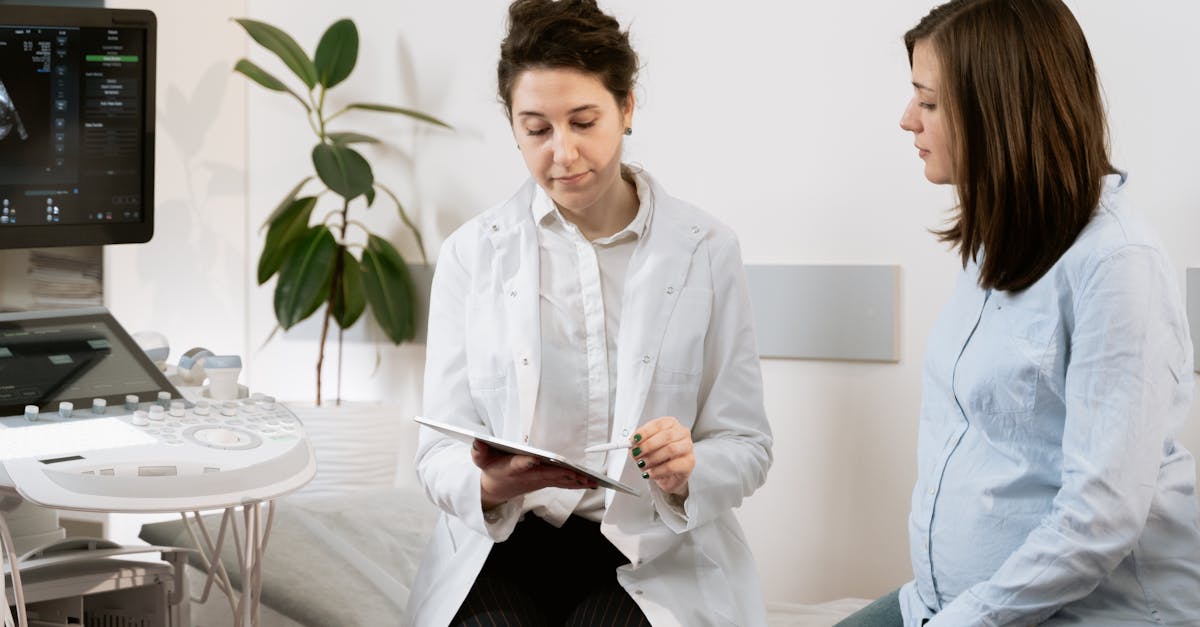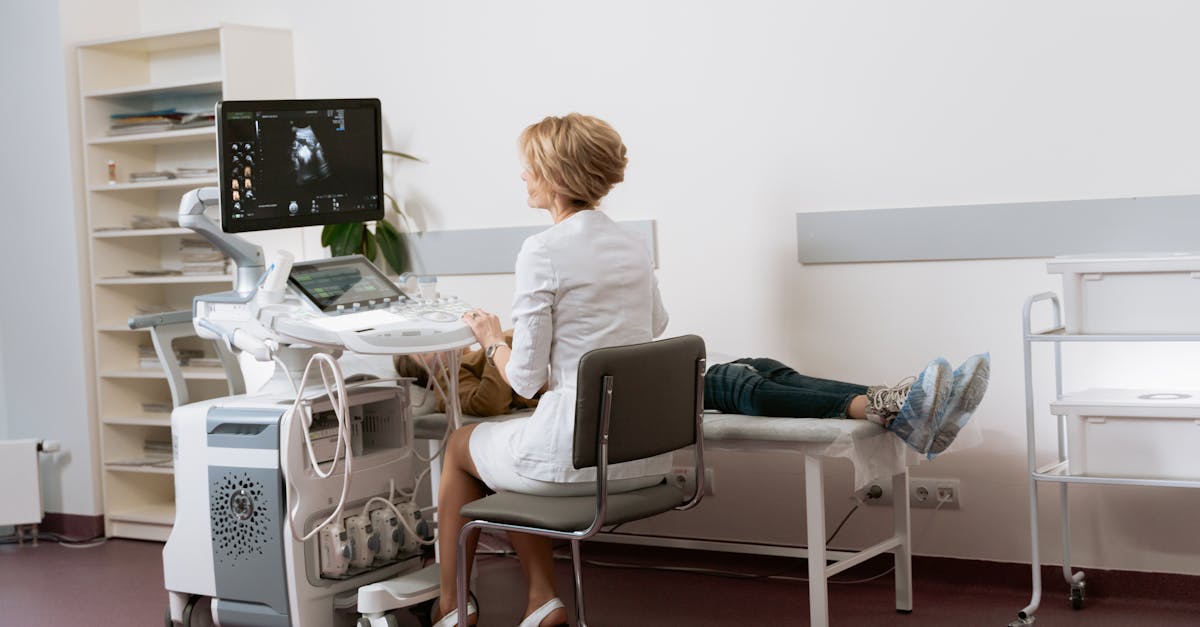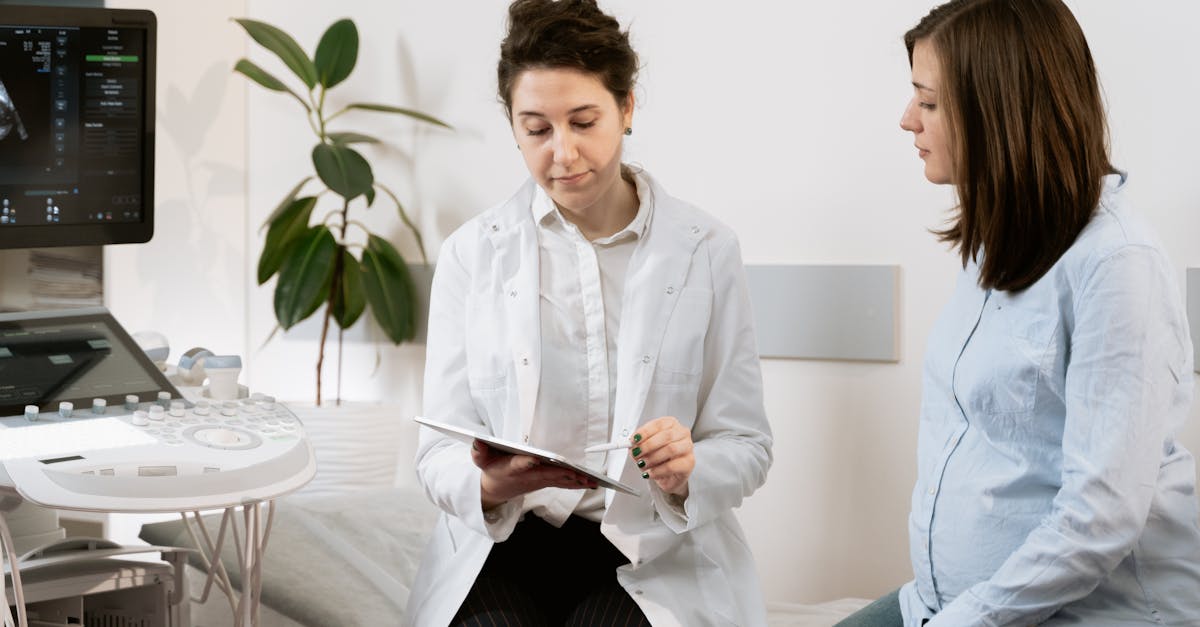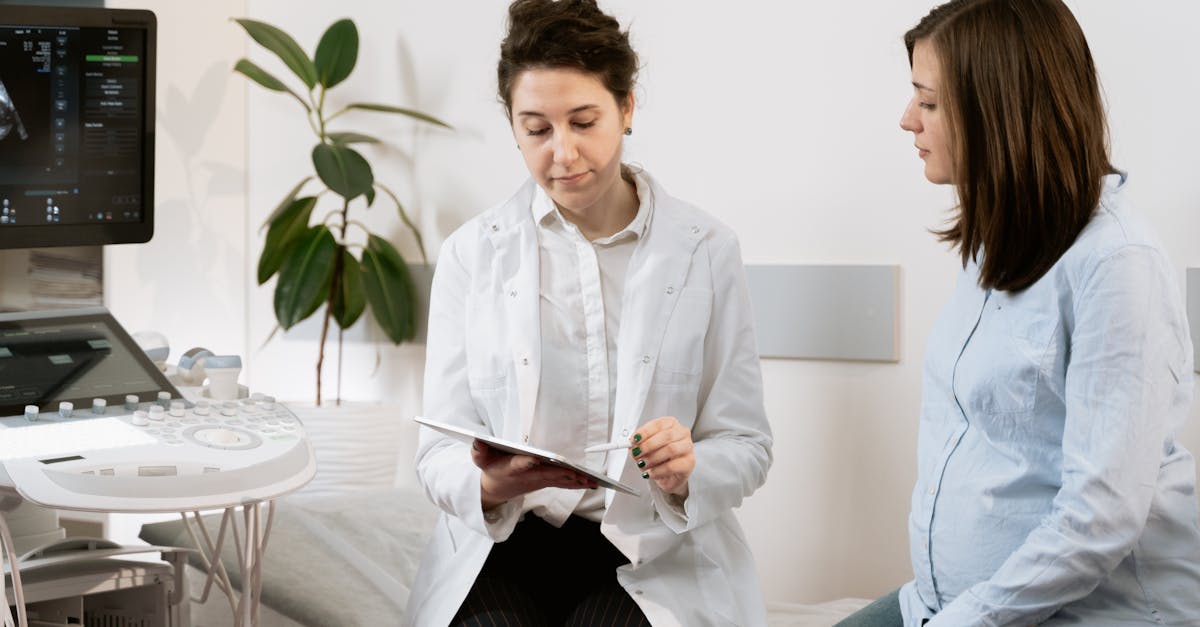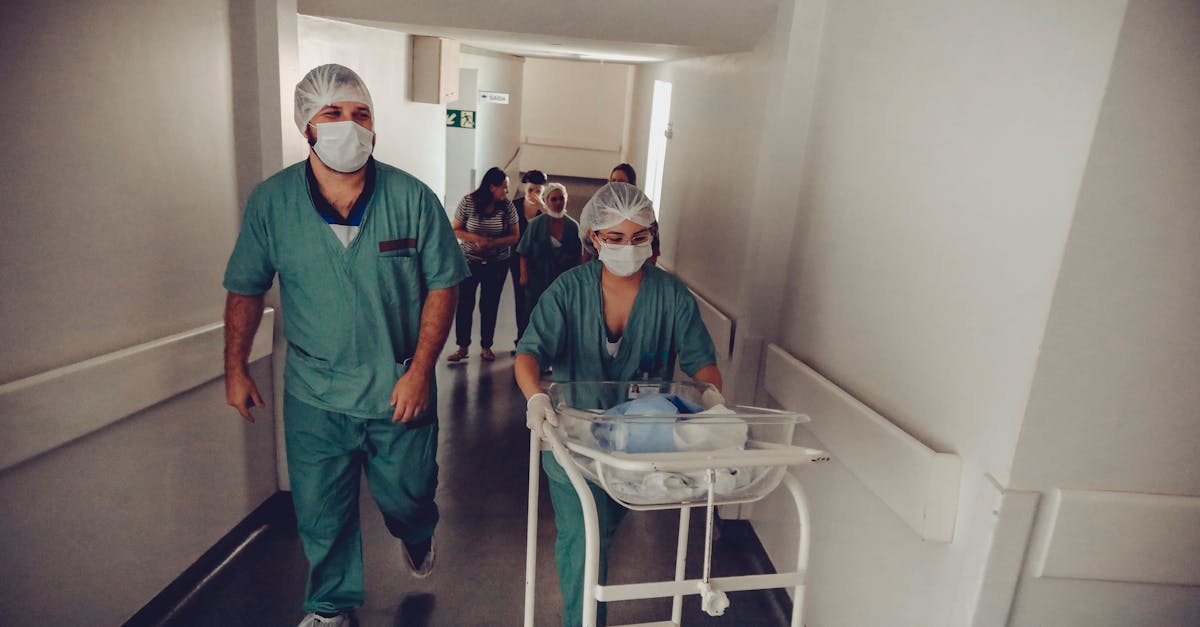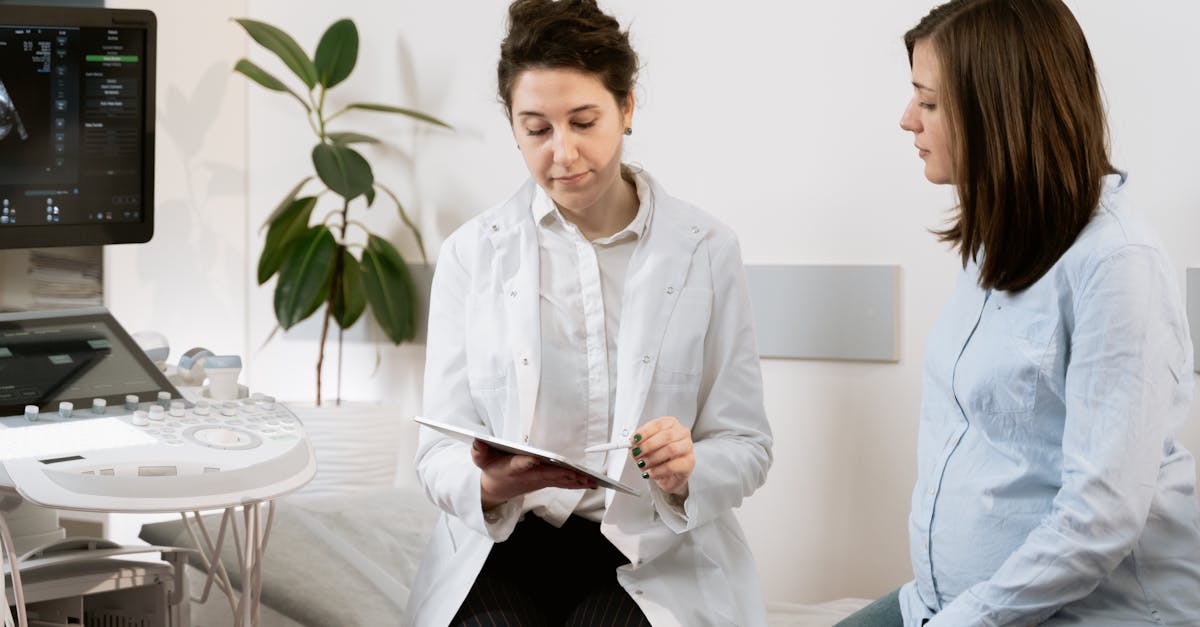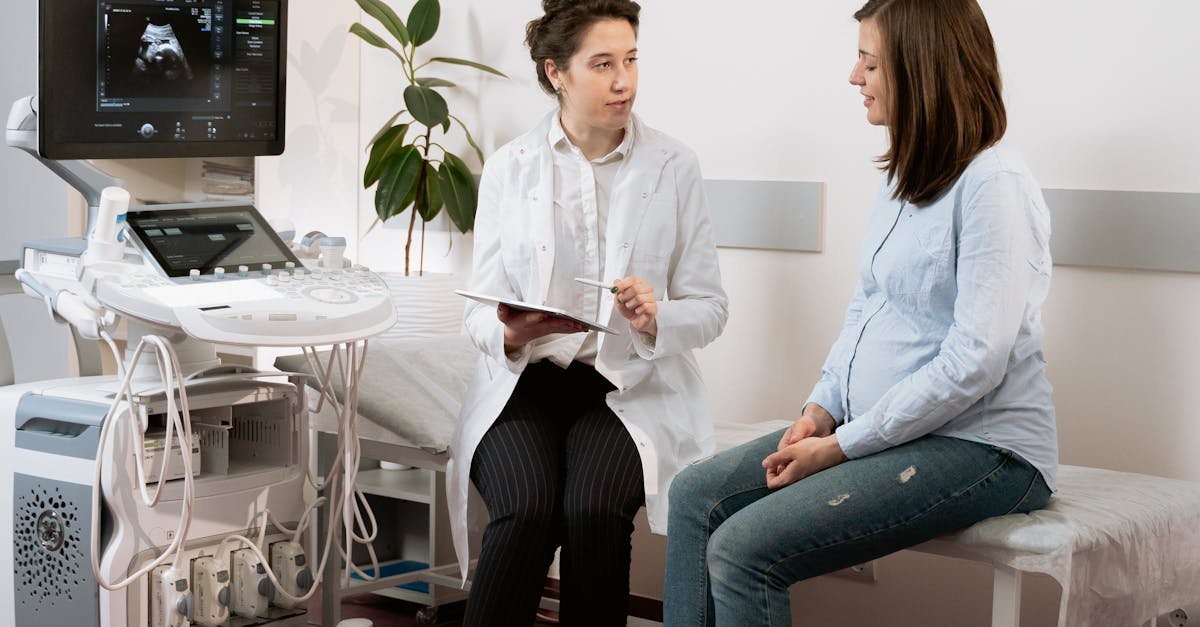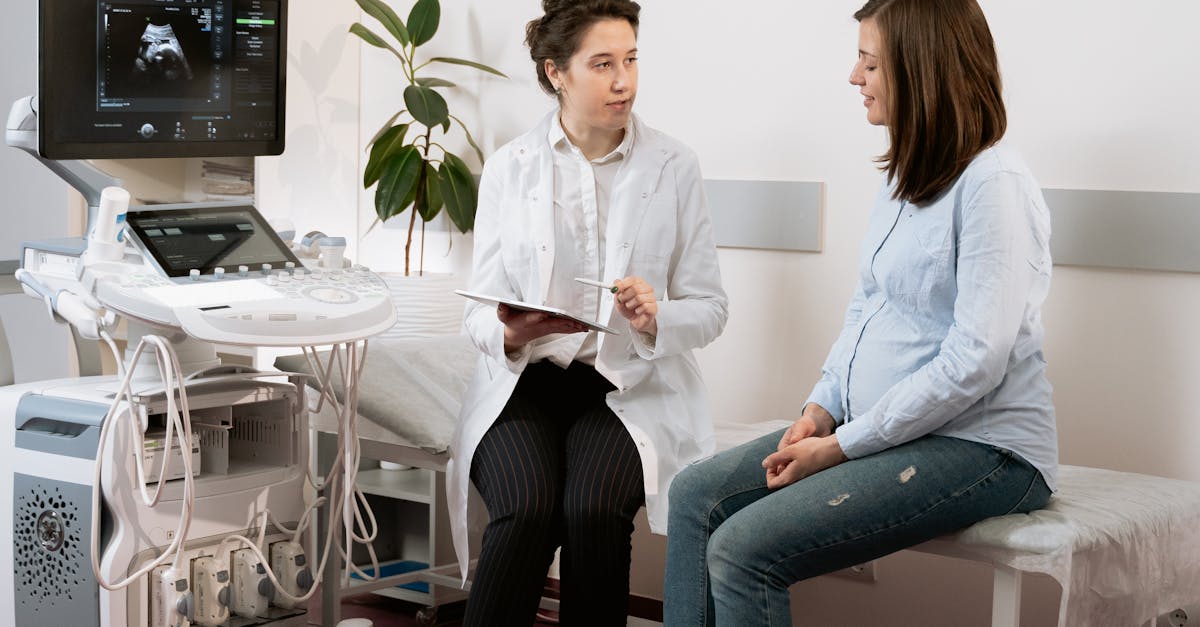- Home
- Top Reads
- Challenges and Solutions in Conducting Clinical Trials for Gynecological Cancer
- How Clinical Trials Are Shaping Standard Care in Gynecological Cancer
- The Future of Gynecological Cancer Treatment: Insights from Current Clinical Trials
- Navigating the Clinical Trial Process for Gynecological Cancer Patients
- Innovative Therapies Emerging from Gynecological Cancer Clinical Trials
- The Impact of Clinical Trials on Treatment Options for Gynecological Cancer
- Understanding Eligibility Criteria for Gynecological Cancer Clinical Trials
- The Role of Clinical Trials in Improving Prognosis for Gynecological Cancer
- Patient Perspectives on Participation in Gynecological Cancer Clinical Trials
- Advances in Clinical Trials for Gynecological Cancer Treatments
- Overcoming Resistance to Targeted Therapy in Gynecological Cancers
- Clinical Trials Investigating Targeted Therapy for Gynecological Cancer
- Patient Experiences with Targeted Therapy for Gynecological Cancer
- The Future of Targeted Therapy in Treating Gynecological Cancers
- Emerging Targeted Therapies in Gynecological Oncology
- Personalized Medicine: Tailoring Targeted Therapy for Endometrial Cancer
- Comparing Targeted Therapy and Traditional Treatments in Gynecological Cancer
- The Role of Targeted Therapy in Cervical Cancer Management
- Advances in Targeted Therapy for Ovarian Cancer
- Personalized Chemotherapy Approaches for Gynecological Cancer
- Understanding Targeted Therapy in Gynecological Cancer Treatment
- Patient Experiences with Chemotherapy in Gynecological Cancer
- The Importance of Timing in Chemotherapy Administration
- Chemotherapy and Its Impact on Quality of Life in Patients
- Advances in Chemotherapy for Gynecological Cancers
- Combining Chemotherapy with Other Treatments for Cervical Cancer
- Side Effects of Chemotherapy in Gynecological Cancer Treatment
- Chemotherapy Regimens for Endometrial Cancer Patients
- The Role of Chemotherapy in Treating Ovarian Cancer
- Understanding Chemotherapy for Gynecological Cancer
- Guidelines for Radiation Therapy in Gynecological Oncology
- Innovations in Radiation Technology for Gynecological Cancers
- The Impact of Radiation Therapy on Quality of Life in Survivors
- Radiation Therapy as a Palliative Treatment in Gynecological Cancer
- Side Effects of Radiation Therapy in Gynecological Cancer Patients
- Understanding Brachytherapy in Gynecological Cancer Care
- Combining Radiation Therapy with Other Treatments for Better Outcomes
- Radiation Therapy Techniques for Ovarian Cancer Management
- The Role of Radiation Therapy in Treating Cervical Cancer
- Advances in Radiation Therapy for Gynecological Cancer
- The Role of Surgical Oncology in Multidisciplinary Care for Gynecological Cancer
- Patient Perspectives on Surgical Treatment for Gynecological Cancer
- Combining Surgery with Other Treatments in Gynecological Cancer
- Innovations in Surgical Techniques for Gynecological Cancer
- The Importance of Surgical Margins in Gynecological Cancer
- The Impact of Surgical Interventions on Cancer Prognosis
- Recovery and Aftercare Following Gynecological Cancer Surgery
- Minimally Invasive Surgery for Gynecological Cancers
- Types of Surgical Procedures for Gynecological Cancers
- Understanding the Role of Surgery in Gynecological Cancer Treatment
- Emotional Impact of Receiving Biopsy Results for Gynecological Cancer
- Next Steps After Receiving Your Biopsy Results
- The Connection Between Biopsy Results and Treatment Options
- Factors Influencing Biopsy Result Interpretation in Gynecological Cancers
- How to Discuss Biopsy Results with Your Doctor
- What to Expect After a Gynecological Biopsy
- Understanding the Different Types of Biopsies in Gynecological Cancer
- Common Questions About Biopsy Results for Gynecological Cancers
- The Role of Biopsy in Gynecological Cancer Diagnosis
- Interpreting Gynecological Biopsy Results
- The Importance of Regular Screening Based on Identified Risk Factors
- Environmental Toxins and Their Relationship to Gynecological Cancer Diagnosis
- Socioeconomic Status and Its Impact on Gynecological Cancer Risk Factors
- The Influence of Lifestyle Choices on Gynecological Cancer Diagnosis
- Assessing the Role of Hormonal Factors in Gynecological Cancer Risk
- The Connection Between Reproductive History and Gynecological Cancer Diagnosis
- Understanding Genetic Mutations and Their Role in Gynecological Cancer Risk
- Impact of Obesity on the Diagnosis of Gynecological Cancers
- The Role of Age as a Risk Factor in Gynecological Cancer Diagnosis
- Strategies for Promoting Early Detection of Gynecological Cancers
- How Family History Influences the Risk of Gynecological Cancers
- The Link Between Awareness and Early Detection in Women's Health
- Overcoming Barriers to Early Detection of Gynecological Cancer
- Patient Stories Highlighting the Importance of Early Detection
- Advances in Screening Techniques for Gynecological Cancer
- The Impact of Timely Diagnosis on Treatment Success
- Early Warning Signs of Gynecological Cancer You Should Know
- Understanding the Importance of Regular Pelvic Exams
- How Screening Can Save Lives in Gynecological Cancer
- The Role of Early Detection in Gynecological Cancer Outcomes
- Follow-Up Procedures After Initial Diagnostic Tests for Gynecological Cancer
- Genetic Testing and Its Role in Gynecological Cancer Diagnosis
- Biopsy Techniques for Confirming Gynecological Cancers
- The Significance of Blood Tests in Gynecological Cancer Diagnosis
- How CT and MRI Scans Aid in Diagnosis of Gynecological Cancer
- Understanding Pap Smears and HPV Testing
- The Importance of Pelvic Exams in Early Detection
- The Importance of Monitoring Changes in Urinary Function
- How Gastrointestinal Symptoms May Relate to Gynecological Cancer
- Exploring Transvaginal Ultrasound for Gynecological Cancers
- Overview of Diagnostic Tests for Gynecological Cancer
- The Role of Imaging in Gynecological Cancer Diagnosis
- Changes in Menstrual Patterns as Warning Signs
- The Role of Fatigue in Gynecological Cancers
- Symptoms Associated with Vulvar Cancer
- Identifying Pelvic Pain and Its Implications
- Understanding Abnormal Vaginal Bleeding
- Distinguishing Symptoms of Uterine Cancer
- Common Indicators of Cervical Cancer
- Recognizing Early Signs of Ovarian Cancer
- Survivor Stories: Living Beyond Vaginal Cancer
- Advances in Research for Vaginal Cancer Treatment
- Coping with the Emotional Impact of Vaginal Cancer
- Support and Resources for Vaginal Cancer Patients
- Vaginal Cancer Staging and Prognosis
- The Importance of Early Detection in Vaginal Cancer
- Risk Factors Associated with Vaginal Cancer
- Understanding Vaginal Cancer: Symptoms and Diagnosis
- Treatment Options for Vaginal Cancer
- The Role of HPV in Vaginal Cancer Development
- Survivor Stories: Overcoming Vulvar Cancer Challenges
- Nutrition and Lifestyle Changes After a Vulvar Cancer Diagnosis
- Vulvar Cancer and HPV: What You Need to Know
- Advances in Research and Treatment for Vulvar Cancer
- Living with Vulvar Cancer: Coping Strategies and Support
- Psychological Impact of Vulvar Cancer on Patients
- The Importance of Early Detection in Vulvar Cancer
- Risk Factors Associated with Vulvar Cancer
- Understanding Vulvar Cancer: Symptoms and Diagnosis
- Treatment Options for Vulvar Cancer: A Comprehensive Guide
- Coping Strategies for Patients Diagnosed with Uterine Cancer
- Current Research Trends in Uterine Cancer
- Uterine Cancer and Its Impact on Reproductive Health
- Survivorship and Quality of Life After Uterine Cancer
- The Importance of Early Detection in Uterine Cancer
- The Role of Genetics in Uterine Cancer Development
- Staging and Grading of Uterine Cancer Explained
- Treatment Options for Uterine Cancer
- Risk Factors Associated with Uterine Cancer
- Understanding Uterine Cancer and Its Symptoms
- The Role of Vaccination in Cervical Cancer Prevention
- Preventive Measures Against Cervical Cancer
- Advances in Research for Cervical Cancer
- Treatment Options for Cervical Cancer
- Living with Cervical Cancer: Patient Experiences
- How HPV Affects Cervical Cancer Risk
- The Importance of Pap Smears in Cervical Cancer Detection
- Symptoms to Watch for in Cervical Cancer
- Risk Factors Associated with Cervical Cancer
- Understanding the Stages of Cervical Cancer
- Support Resources for Ovarian Cancer Patients and Families
- Advances in Ovarian Cancer Research and Clinical Trials
- Nutrition and Ovarian Cancer: What You Need to Know
- The Importance of Early Detection in Ovarian Cancer
- How Ovarian Cancer is Diagnosed: Tests and Procedures
- Living with Ovarian Cancer: Coping Strategies
- The Role of Genetics in Ovarian Cancer Development
- Understanding Ovarian Cancer: Signs and Symptoms
- Risk Factors Associated with Ovarian Cancer
- Current Treatment Options for Ovarian Cancer
